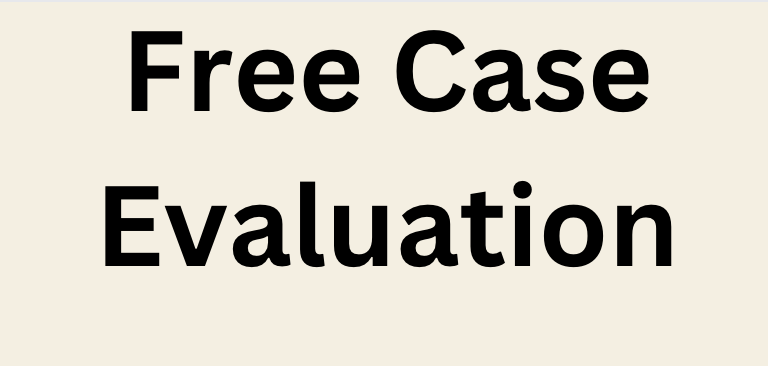Expense Reimbursement in California: Your Rights and Employer Obligations

Expense reimbursement is an essential aspect of the employer-employee relationship, ensuring that employees are fairly compensated for work-related expenses they incur while performing their job duties. In California, there are specific laws and regulations governing expense reimbursement to protect employees from incurring these costs.
California labor laws require employers to reimburse employees for necessary expenses incurred in the course of their employment. The primary law governing this is California Labor Code Section 2802, which states that employers must indemnify their employees for expenses necessarily incurred in the discharge of their duties.
Expense reimbursement in California covers a wide range of expenses, including but not limited to:
- Mileage: Employees who use their personal vehicles for work-related travel are entitled to reimbursement for mileage expenses.
- Travel: Expenses related to business trips, including airfare, accommodation, meals, and transportation, should be reimbursed.
- Work-related supplies and equipment: Employees are entitled to reimbursement for items such as office supplies, tools, or specialized equipment required for their job.
- Meal and entertainment expenses: If employees are required to entertain clients or attend business meetings, those expenses should be reimbursed.
- Cell phone and Internet usage: When employees use their personal phones or internet for work-related tasks, a portion of these costs should be reimbursed.
Employers in California are legally obligated to:
- Establish a clear expense reimbursement policy outlining eligible expenses, submission procedures, and timelines.
- Promptly reimburse employees for allowable expenses within a reasonable timeframe.
- Ensure that the reimbursement policy is communicated to all employees.
- Not discriminate or retaliate against employees who seek reimbursement for work-related expenses.
Expense Reimbursement in California FAQ
Q: Must employers reimburse an employee for home office expenses if the employee chooses to work from home rather than going into the office?
A: No. Section 2802 requires only that expenses that are necessary to perform job duties be reimbursed. If an employee has a choice of working remotely or working at an on-site location where the employer provides all necessary equipment, then remote-working expenses are not necessary to perform job duties and need not be reimbursed.
Q: Must employers reimburse independent contractors for their expenses?
A: No. The law covers only employees and does not properly classify independent contractors or consultants.
Q: Do exempt employees have to be reimbursed for their expenses?
A: Yes. Both exempt and non-exempt employees are covered by Section 2802.
Q: Can employers require that employees have approval before an expense is incurred? That reimbursement requests be made within a certain period? That receipts be provided?
A: Yes. It is fine and it is common for employers to have policies that establish expense restrictions and reimbursement processes such as these. As with any other lawful policy, expense reimbursement policies can be enforced with discipline – even termination of employment. However, an employee’s failure to follow the policy does not relieve the employer of the obligation to reimburse the employee. If the expense was necessary and incurred, it must be reimbursed.
Q: When the employee uses personal equipment, like an automobile or cell phone, for both personal and business purposes, how much must be reimbursed?
A: In this situation, a reasonable allocation of the cost of business vs. personal use must be determined. For automobiles, reimbursement for business mileage at the IRS rate will suffice. For other expenses, like cell phones and internet, employers must reimburse a “reasonable percentage” of the employee’s cost. There is no formula or one-size-fits-all answer. The best course is to determine a generalized reasonable percentage and pay employees that amount, but advise employees (repeatedly) that if the amount is inadequate, they should report it to their supervisor or HR.
Q: Must reimbursement be made by the employee’s last day of employment?
A: No. Reimbursed expenses are not wages and are not subject to the same requirements. However, reimbursement must be made as soon as reasonably possible following the employer’s knowledge of the expenditure.
Call us to discuss your specific situation and we’ll help you determine whether you’re entitled to expense reimbursement.

